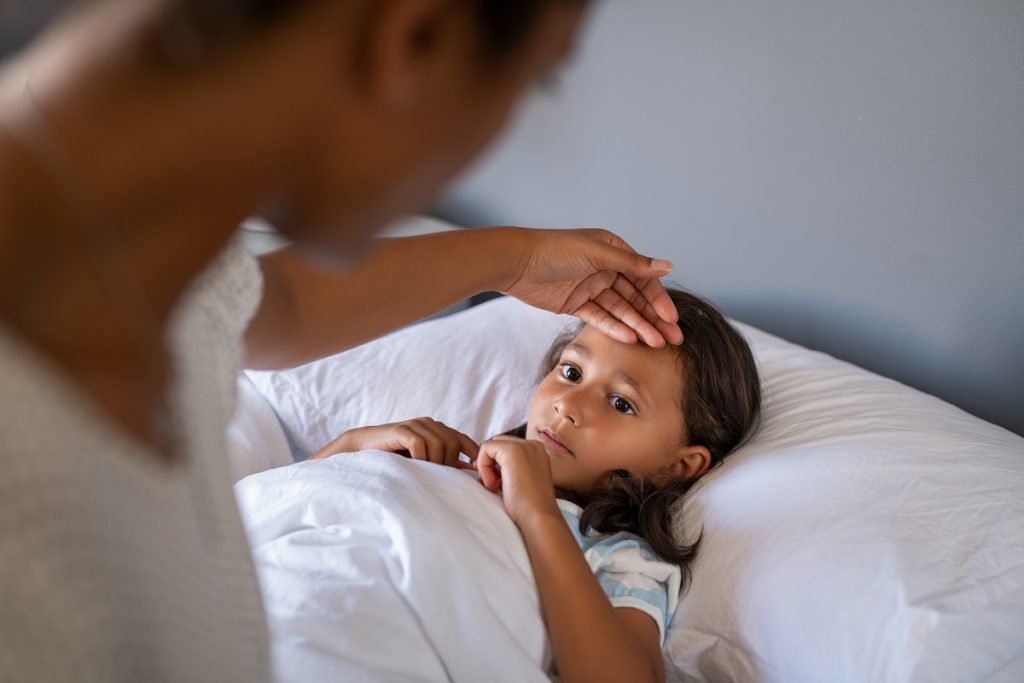- Children’s health needs constantly evolve and require vigilance to identify potential issues.
- Regular check-ups are crucial not only for responding to illnesses but also for promoting overall health and well-being.
- During a pandemic, it’s crucial to understand the additional risks and take preventive measures for your child’s health.
- Choose healthcare facilities that are well-equipped to handle children’s unique needs during this time.
In a world where health is at the forefront of almost every conversation, your role as a parent has never seemed more daunting. It’s not just about keeping up with your children’s day-to-day activities but also ensuring their ongoing health and safety.
However, there’s reassurance in knowing that you’re not alone and that numerous resources and strategies are available to keep your children protected and thriving.
Understanding Your Child’s Health Needs
Children are a bundle of energy, curiosity, and, most of all, surprises. In one moment, they’re superheroes flying around the house, and in the next, they might be down with a fever of unknown origin. Their health needs keep evolving, making understanding these needs crucial.
Common health concerns for children can range from colds they catch from playdates to allergies that surface out of nowhere. Your vigilance helps in identifying symptoms that are out of the ordinary. It’s about noting the frequency of their coughs, the odd rashes, or a lethargy that replaces their usual energy.
Regular Check-Ups: More than Just a Formality
Regular health monitoring goes beyond responding to illnesses. It involves scheduled routine examinations that track and promote your child’s health. These check-ups are instrumental in disease prevention, early detection, and managing and treating ongoing health issues. They are your first line of defense, ensuring that your child’s development is on the right track, both physically and mentally.
Preventive healthcare for your child is a holistic approach. It’s not just the body you’re looking after but their mental well-being. It’s about initiating conversations regarding their feelings, understanding their concerns, and validating them. By doing so, you’re fostering a safe space where their mental health is given as much priority as their physical well-being.
Navigating Health Resources During a Pandemic

The onset of the COVID-19 pandemic has undoubtedly added a layer of concern to your child’s health and safety. This era has emphasized the importance of hygiene and health monitoring and expanded the parental playbook to include new rules and resources. With the world slowly adapting to these changes, you must know how to navigate these health resources efficiently, ensuring your child’s safety without succumbing to panic.
One of the crucial steps in managing your child’s health during this time is recognizing the added risks posed by the virus and understanding the heightened need for preventive measures. This understanding goes beyond regular hand washing or mask-wearing.
Finding the Right Health Facility for Your Child
Amidst a pandemic, selecting appropriate healthcare services for your child involves an added layer of consideration. It’s no longer just about proximity or services offered but also about the facility’s preparedness to handle health issues in the current climate, especially those concerning children.
Sometimes, you might need specific facilities, like a COVID-19 testing center for kids, to ensure they haven’t been silently affected by the virus. These centers, often separate from standard testing facilities, are geared towards handling children’s unique needs, making the process less intimidating for them. It’s vital to select a facility adept at catering to children, creating a safe, sanitary, friendly, and less daunting environment for your little one.
Preparing Your Child for a Visit to a Healthcare Facility
Preparation starts at home, with honest, age-appropriate conversations about what they can expect. For younger children, storytelling can be an effective method, where you can introduce characters like brave little warriors or helpful nurses and doctors, making the narrative relatable and less scary. For older children, a factual approach, simplified to their level, can give them a sense of control and predictability about the situation.
Emergencies and Unforeseen Situations

Even with the best preventive measures, emergencies can occur. These unforeseen situations can overwhelm any parent. It’s not just about dealing with the trouble but also managing the added layer of safety measures to prevent infection. In these moments, knowing how to quickly and effectively respond to health crises concerning your child becomes paramount.
Creating a Health Contingency Plan
Preparedness can significantly reduce the chaos in emergency scenarios. This is where having a health contingency plan comes into play. It’s a roadmap designed to guide your actions in a crisis, ensuring that you’re reacting to the situation and responding in a calculated, efficient manner.
Part of this plan is having a list of emergency contacts readily available. This isn’t just limited to emergency services or your pediatrician but also trusted neighbors, friends, or family members who can assist, especially if you have other children.
The Bottomline
The journey through parenthood, particularly during times like these, is complex. However, by staying informed, proactive, and prepared, you can navigate the health landscape for your children with confidence.
Remember, children are resilient, and with the support of community resources and healthcare professionals, you’re more equipped than you think. Keep advocating for their health, keep learning, and remember, you’re not alone on this journey.
